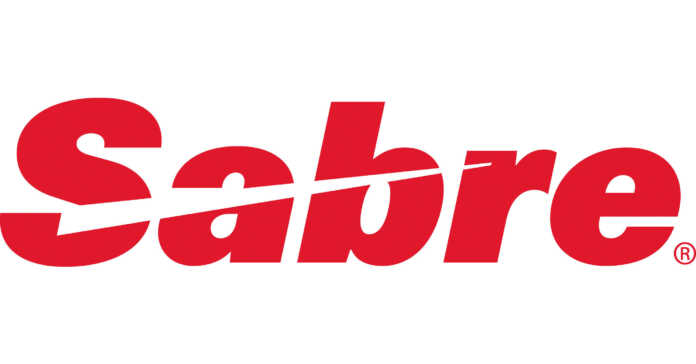The COVID-19 pandemic changed the way organizations operate, with a survey by McKinsey showing that responses to the virus have increased the rate of adoption of digital technologies by several years. Working remotely became the new normal almost overnight, and as such a need to accelerate digital transformation rapidly became a priority.
One area where businesses have had to adapt is customer implementation. As international lockdown measures prohibited face-to-face interactions, digital delivery capabilities became a priority.
Sabre Corporation, a software and technology company that powers the global travel industry, recognized the needs of clients during this challenging time and the necessity to innovate quickly. The company took rapid action to employ technology and resources to transform to digital-only onboarding (integrating and acquainting customers with the Sabre platform), ensuring the delivery was quick, simple and efficient for customers, from airlines to agencies.
Typically, implementation processes involve working hand and hand with the customer on the data migration, holding a comprehensive series of face-to-face meetings and training sessions, and thereby establishing good communication and trust among all parties, something that is critical for the change management. Having to change to a virtual-only implementation process involved rapid transformation, innovation and adaptability.
“When Sabre was thrust into the remote work environment, we did not let our inability to physically work side-by-side with our customers get in the way of delivering on our commitments,” said Cem Tanyel, chief services officer at Sabre Travel Solutions. “The way in which our teams at Sabre and our customers have collaborated to pioneer complex migrations virtually is truly impressive. Through adaptability, agility and innovation, we have been able to deliver successful implementations under new and challenging circumstances. We have gained valuable insights that have and will continue to change the way in which we operate in the years to come.”
On the airline front, since the beginning of the pandemic, multiple airlines, including ASKY, which is the first Sabre-hosted carrier in the west and central African market, Croatia Airlines, Gulf Air, and Vietnam Airlines, successfully migrated to Sabre Revenue Optimizer, Sabre’s leading revenue optimization solution, via remote delivery.
Additionally, on the airline side, Japan Airlines’ migration to Sabre Crew Manager, which helps airlines control total crew cost while improving productivity, was also completed remotely.
On the agency side, despite the turbulent times, Sabre delivered an on-time implementation with BIDTravel, a leading business and leisure travel network in Southern Africa, and the cluster head of Rennies BCD Travel, Quadrel Travel Management t/a CWT, Travel Connections and Harvey World Travel. Sabre virtually mobilized global teams across five different time zones to accelerate the “go-live”; providing BIDTravel with the right technology to help it rebuild consumer confidence to travel, while crafting differentiated experiences.
Royal Travel, one of the leading travel companies in the United Kingdom, signed a multi-year agreement with Sabre in December. Royal Travel implemented Sabre’s intelligent GDS platform, Sabre Red 360, allowing it to harness more data, content and flexibility to differentiate its offering, manage its operations and workflow more effectively and to help agents offer their travelers an enhanced, more personalized experience.
Despite the challenging environment, Royal Travel’s businesses were migrated to Sabre using an entirely digital program, which included virtual scoping completed ahead of signing the contract to increase the pipeline velocity. The delivery was particularly complex as, in addition to a website and call center, Royal Travel has a vast network of sub-agents who had to be considered in the process. Sabre delivered virtual training to many of these sub-agents in their native language of Urdu, thereby helping minimize the change management risk.









